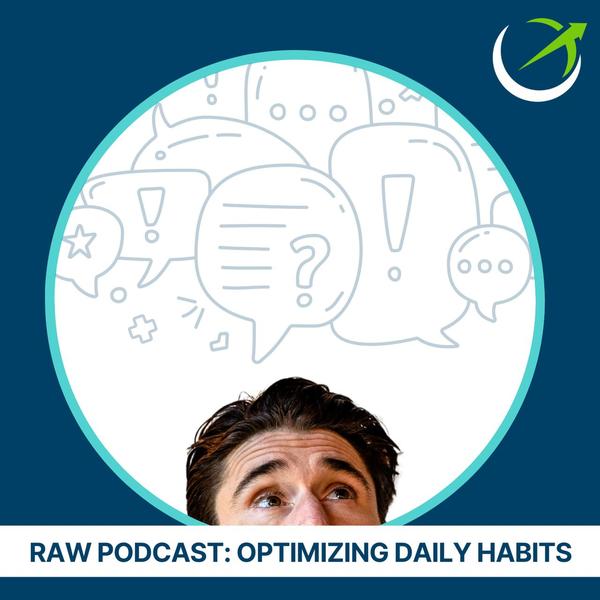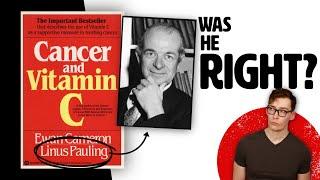The Broken State Of Cancer Research, Cancer Detection & Cancer Drugs (& What We Can DO About It!) With Dr. Azra Raza.
Ben Greenfield
Sep 14, 2024
Mindsip insights from this episode:
Challenge paycheck oncology to foster innovative research
Because researchers' salaries depend on grants, they are financially incentivized to pursue established research like mouse models rather than riskier, original ideas.
Reevaluate cancer research methods to improve understanding
Cancer scientists are studying a disease they never see in animals that don't naturally get the disease.
Recognize increased cancer risk in survivors
One in five new cancers diagnosed each year in America appears in a person who is already a cancer survivor.
Address climate change to combat rising childhood leukemia rates
Rising temperatures due to climate change are being directly linked to an increase in childhood leukemia.
Recognize limitations of Galleri test in detecting early cancers
The Galleri blood test has a sensitivity of only 24% for stage one cancer, meaning it misses 70% of these early cases.
Test smart bra technology for early breast cancer detection
A smart bra with tactile sensors that can detect changes in pressure and temperature is being tested at Stanford for early breast cancer detection.
Utilize Ozempic and existing drugs for early cancer treatment
Treatments for the 'first cell' of cancer would be gentler, potentially using existing drugs like Ozempic, aspirin, or metformin.
Reevaluate cancer drug development model due to high failure rate
95% of all experimental cancer drugs fail in trials, and the 5% that are approved only extend lifespan by an average of a few weeks.
Recognize limitations of children's cells in adult cancer research
Even a child's cells are not a good model for adult cancer, as a 70-year-old's cells have received a 'thousand cuts' and metabolize drugs differently.
More from
Ben Greenfield
The Hidden Damage That Happens "Behind-The-Scenes" In The Adult Entertainment Industry, With Former Adult Actress Felicity Feline
Everything You Need To Know About SEED OILS (Including One Cool "Trick" To Make Them Less Damaging), With Dr. Nick Norwitz
How To COOL Your Body For Better Sleep, INCREDIBLE Travel Sleep Tips & Orion Vs. Eight Sleep With Dr. Michael Breus
The Untold Science Of Vibration Therapy & The “BioDrive” Breakthrough That Regulates Your Mind and Body, With Dr. Mike North
Optimizing Daily Habits: Snacking, Movement, Light Exposure, and More Wellness Hacks LIFE Network: RAW Podcast #3
You also might be interested in
Ketosis (Fasting/Ketogenic Diet) accelerates Cancer Growth - New Study
Soda & Cancer Death: The Link Found in Multiple Large Studies
Early Detection Saved Me: Maria Menounos on Becoming the CEO of Your Health
Linus Pauling: Vindicated by New Evidence?
One Fat Can Prevent Dementia — If You Eat It Long-term

















